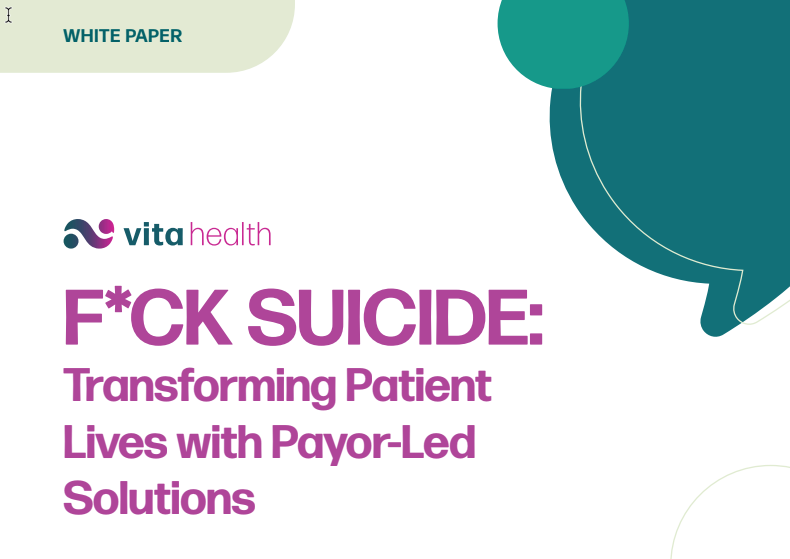Importance
Brief cognitive behavioral therapy (BCBT) is a clinically effective intervention for reducing risk of suicide attempts among suicidal US Army soldiers. However, because specialized treatments can be resource intensive, more information is needed on costs and benefits of BCBT compared with existing treatments.
Objective
To evaluate the cost-effectiveness of BCBT compared with treatment as usual for suicidal soldiers in the US Army.
Design, Setting, and Participants
A decision analytic model compared effects and costs of BCBT vs treatment as usual from a US Department of Defense (DoD) perspective. Model input data were drawn from epidemiologic data sets and a clinical trial among suicidal soldiers conducted from January 31, 2011, to April 3, 2014. Data were analyzed from July 3, 2018, to March 25, 2019.
Interventions
The strategies compared were treatment as usual alone vs treatment as usual plus 12 individual BCBT sessions. Treatment as usual could include a range of pharmacologic and psychological treatment options.
Main Outcomes and Measures
Costs in 2017 US dollars, suicide attempts averted (self-directed behavior with intent to die, but with nonfatal outcome), suicide deaths averted, and incremental cost-effectiveness ratios, assuming a 2-year time horizon for treatment differences but including lifetime costs.
Results
In the base-case analysis, BCBT was expected to avert approximately 23 to 25 more suicide attempts and 1 to 3 more suicide deaths per 100 patients treated than treatment as usual. Sensitivity analyses assuming a range of treatment effects showed BCBT to be cost saving in most scenarios. Using the federal discount rate, the DoD was estimated to save from $15 000 to $16 630 per patient with BCBT vs treatment as usual. In a worst-case scenario (ie, assuming the weakest plausible BCBT effect sizes), BCBT cost an additional $1910 to $2250 per patient compared with treatment as usual.
Conclusions and Relevance
Results suggest BCBT may be a cost-saving intervention for suicidal active-duty soldiers. The costs of ensuring treatment fidelity would also need to be considered when assessing the implications of disseminating BCBT across the entire DoD.



